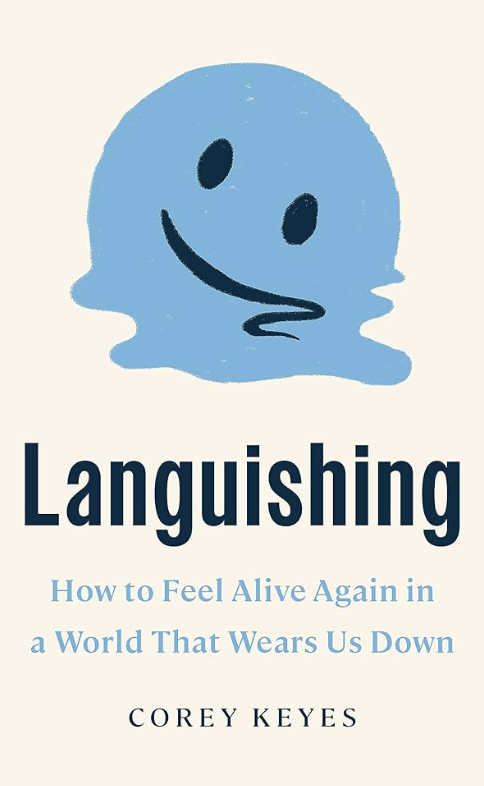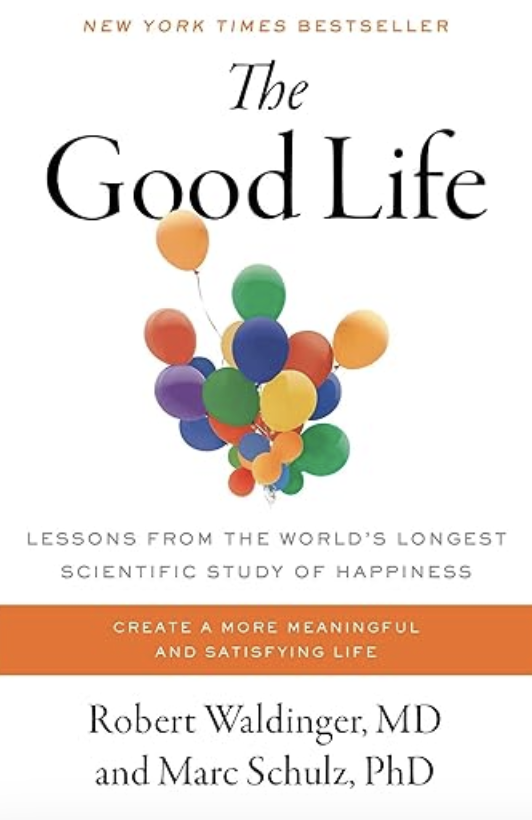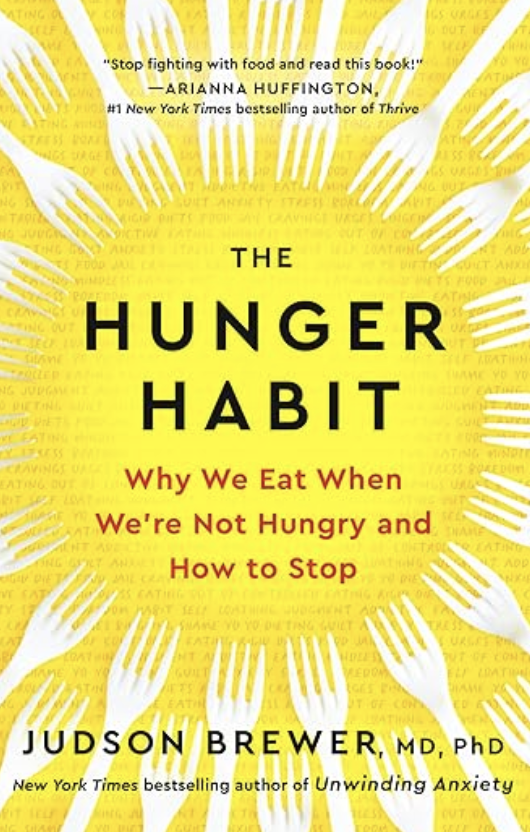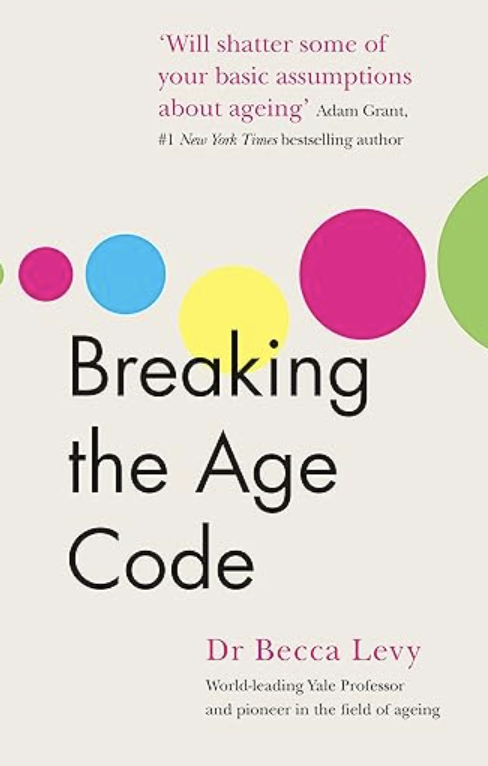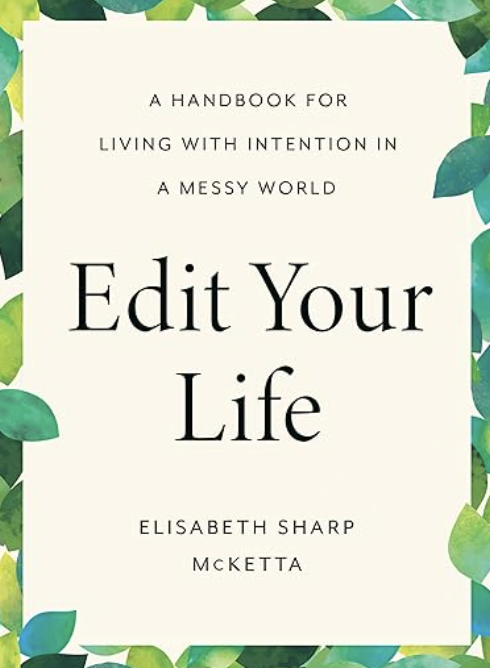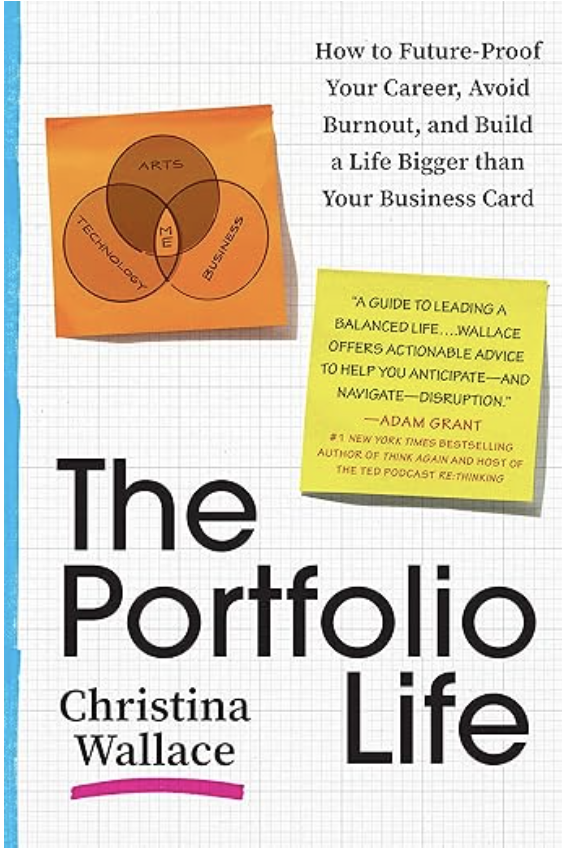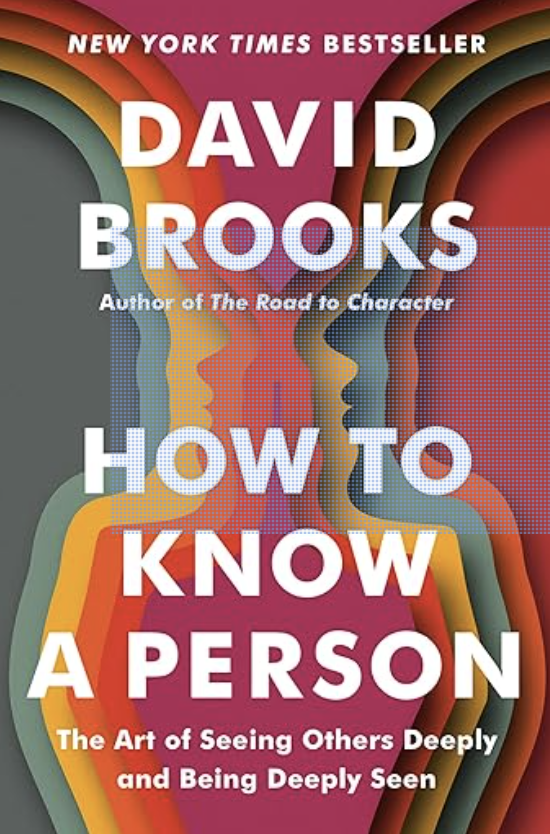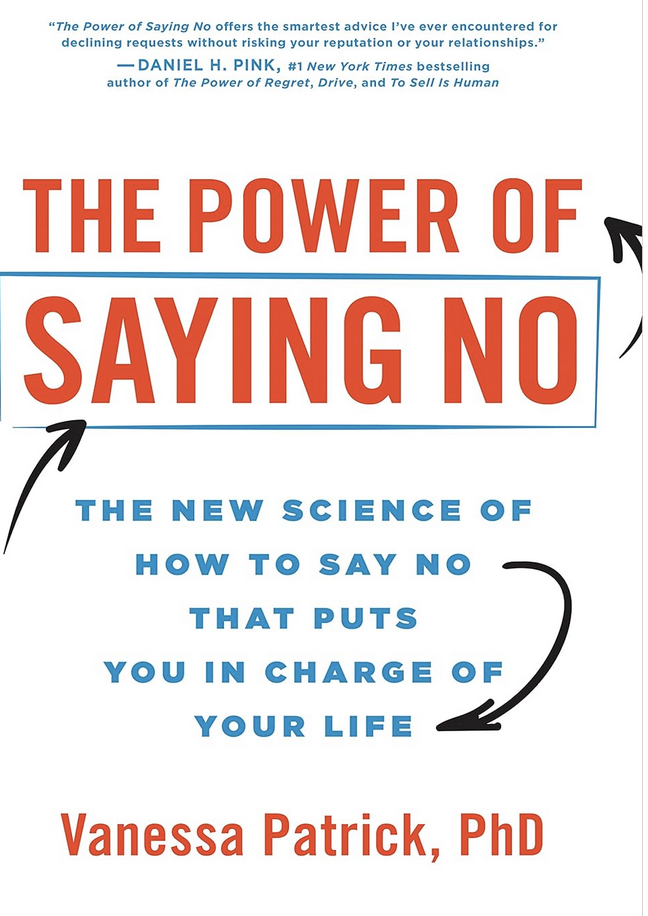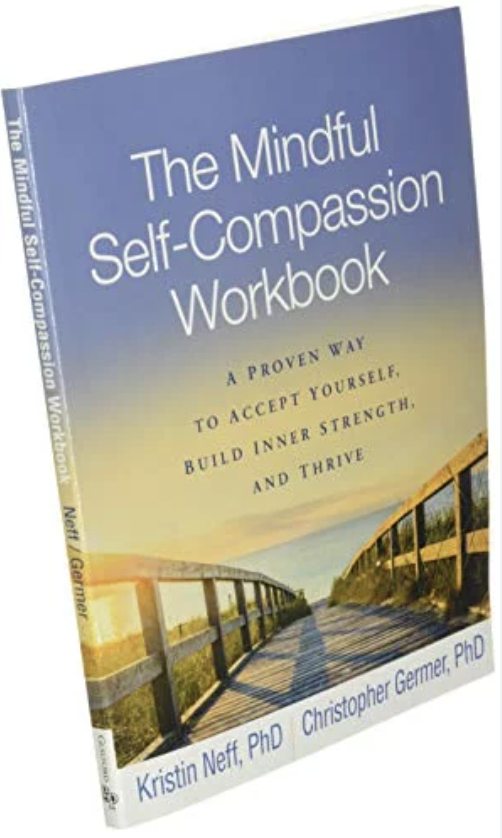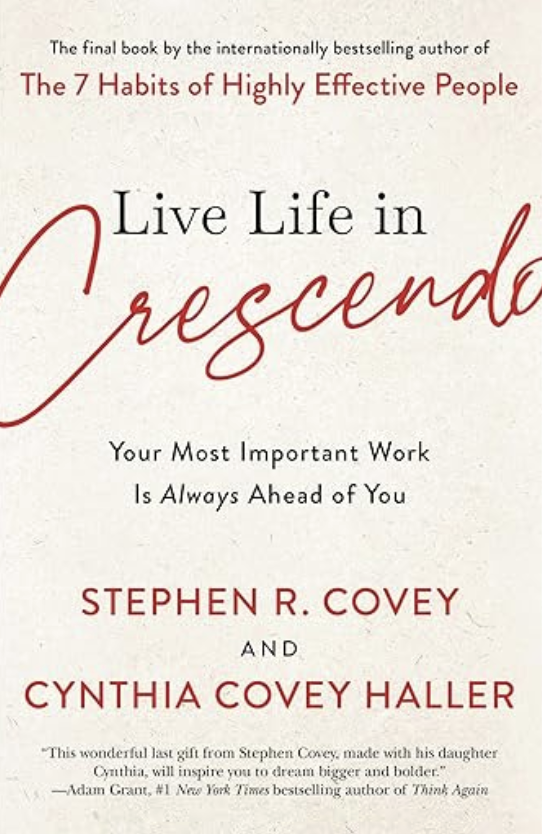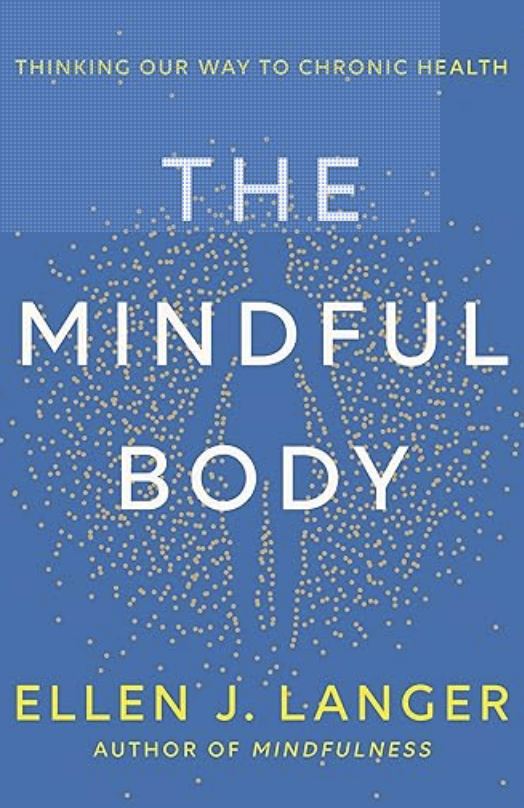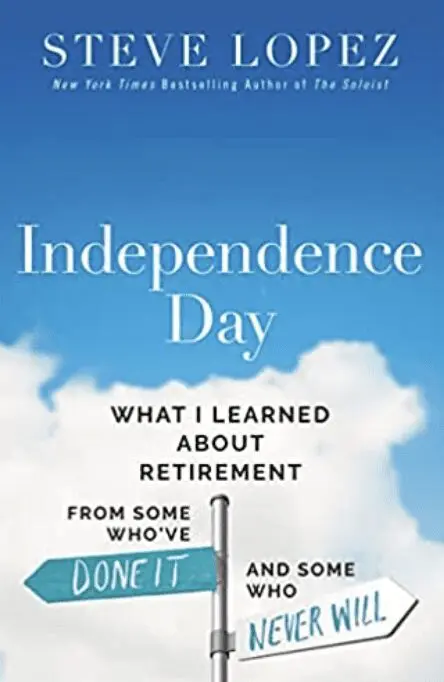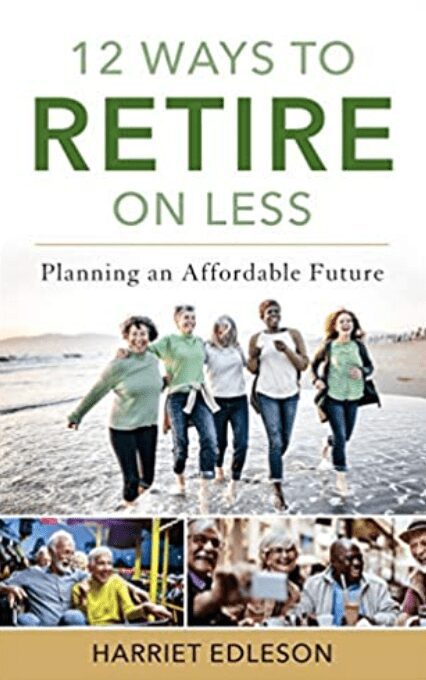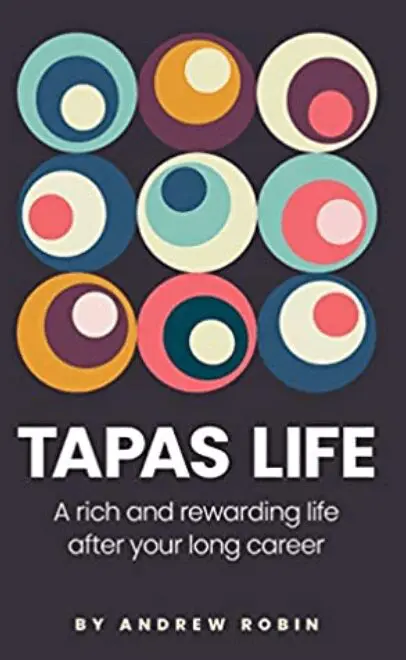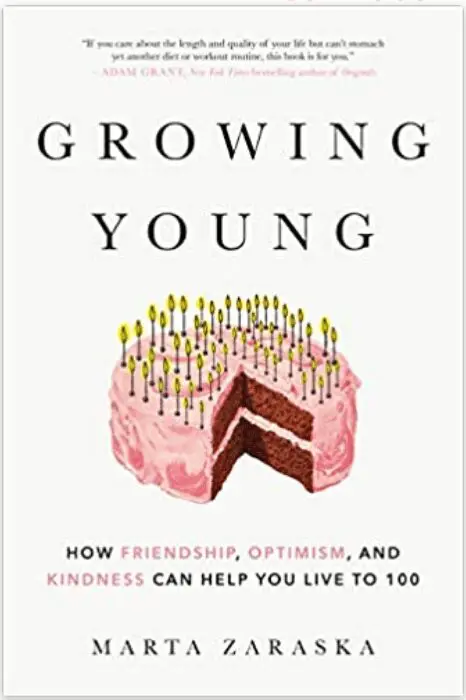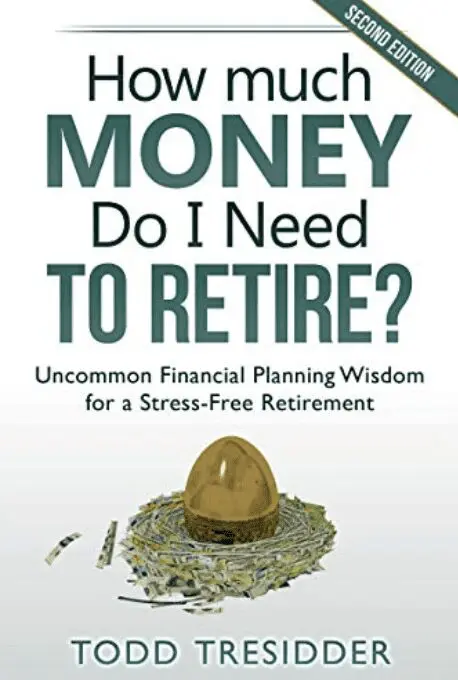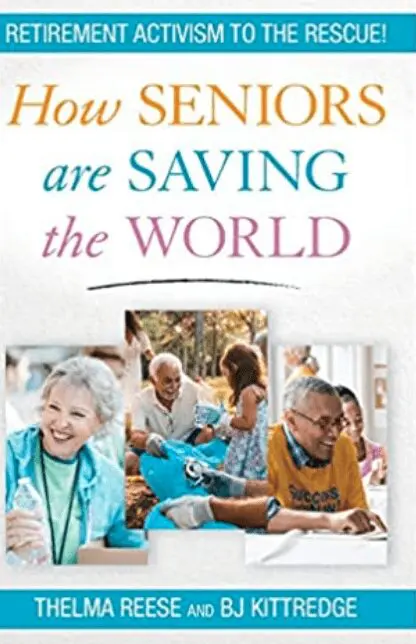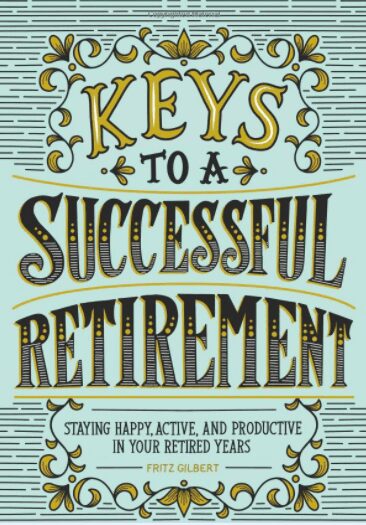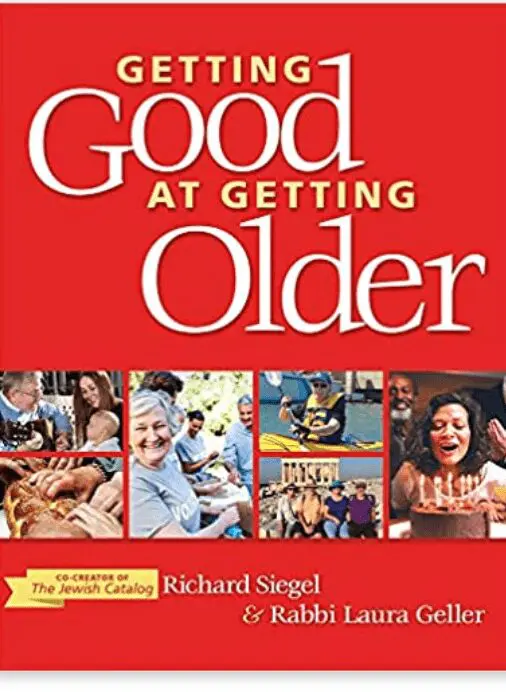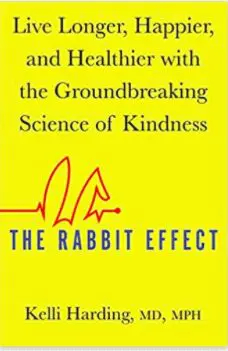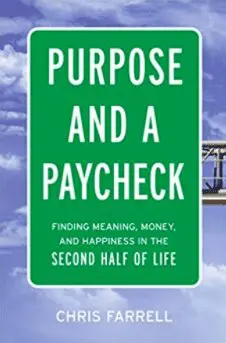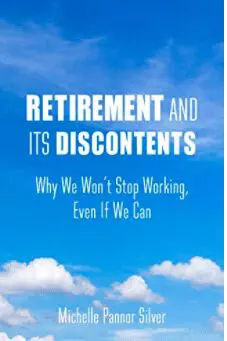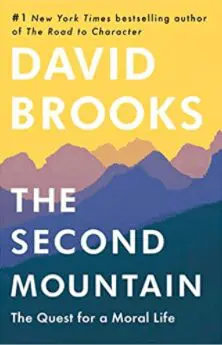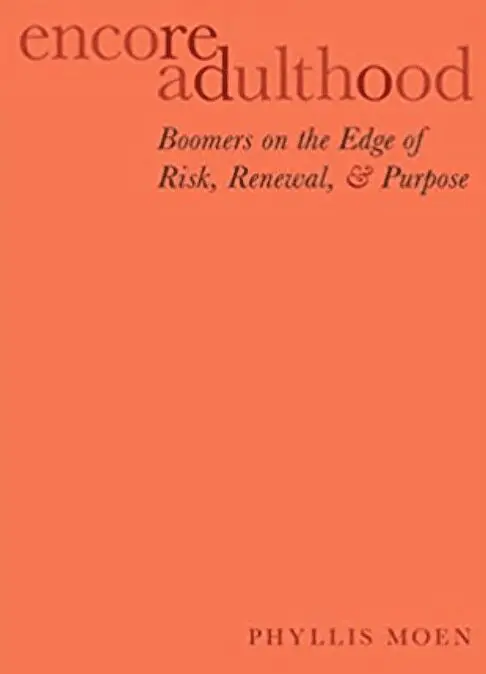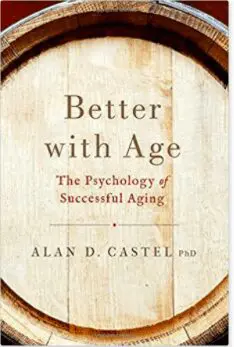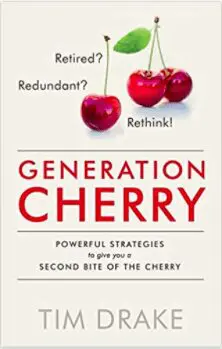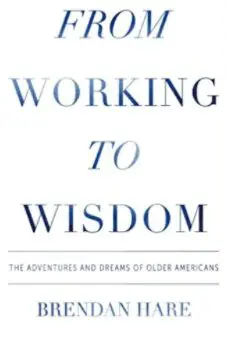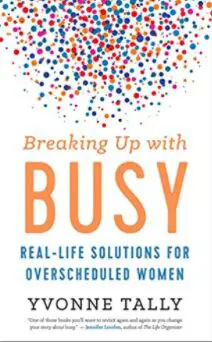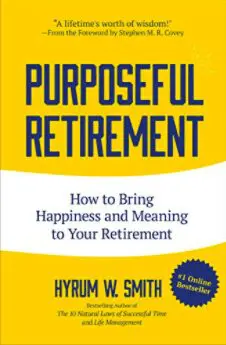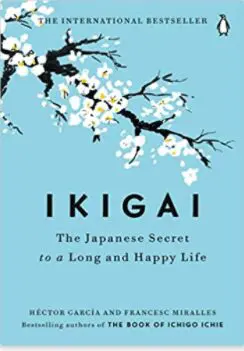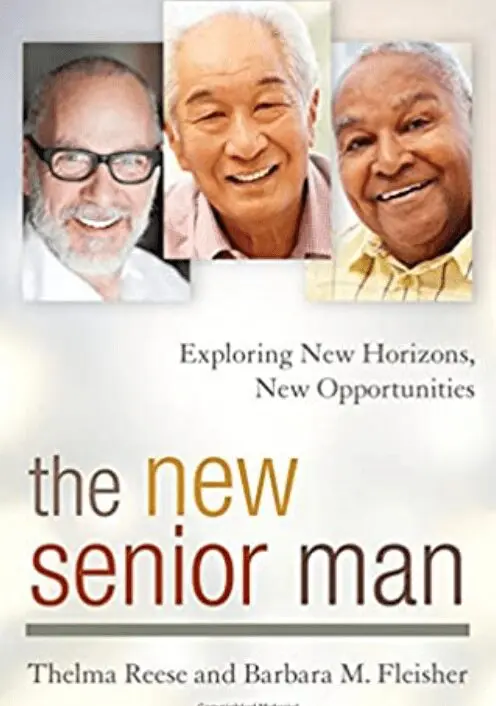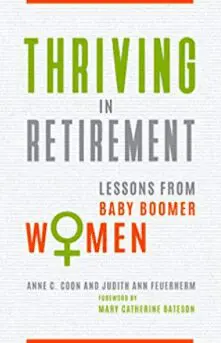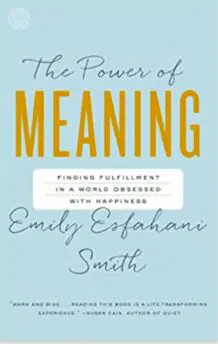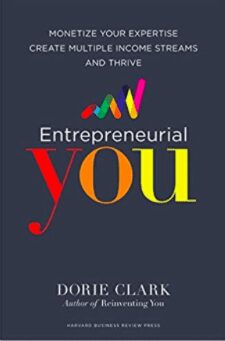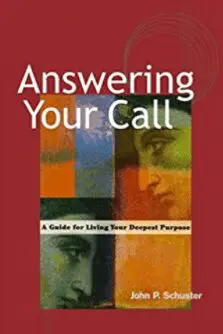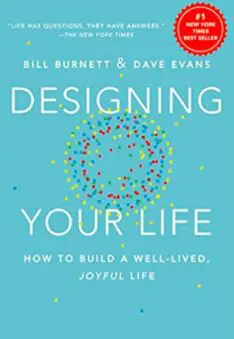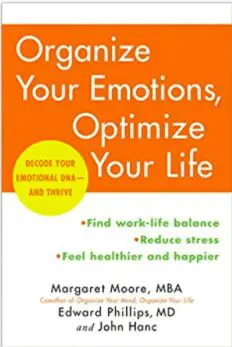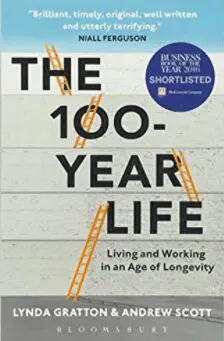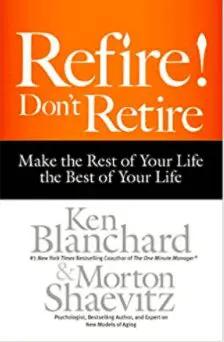by Elisabeth Sharp McKetta
What do you do after you design your life? Elizabeth Sharp McKetta has a great idea: edit your life. I read over 60 books last year and this is the by far best book I read.
McKetta describes it as an “organizing book for the soul” and while it’s not about retirement specifically, that event could be a timely catalyst for this impactful book. A talented editor brings out the best in a writer’s work, sharpens it’s focus and illuminates it’s essence. This book helps you do the same with your life.
Edit Your Life presents a powerful process to reflect on your life and make targeted edits to amplify your satisfaction. The book is organized three parts. Part One entails examining your life with an eye toward the possibilities of what it could become and a look at what is needed. Part Two immerses you in the editing process. You’ll edit for clarity, growth and generosity. In Part Three you put your edits into action in your daily life and focus on enjoyment.
Along the way, McKetta introduces a number of compelling and useful ideas. One of my favorites is First Choices or “painless long shots.” When you’re considering making a change or choosing a new pursuit, don’t settle. Set your sights higher and start with the best option. Another is her idea of following the wisdom of the seasons. Clarify what’s necessary for each season and take full advantage of the unique offerings of each one. This a great concept for the seasons of the year and for the seasons of life as well.
Edit Your Life is a wonderful and practical book that emphasizes looking at what’s necessary and what’s possible. It’s a valuable resource for people considering what’s next?
__________________________
Buy Edit Your Life by Elisabeth Sharp McKetta
Listen to my podcast conversation with Elisabeth Sharp McKetta here
__________________________
Book summaries you may be interested in:











